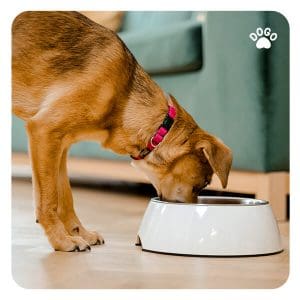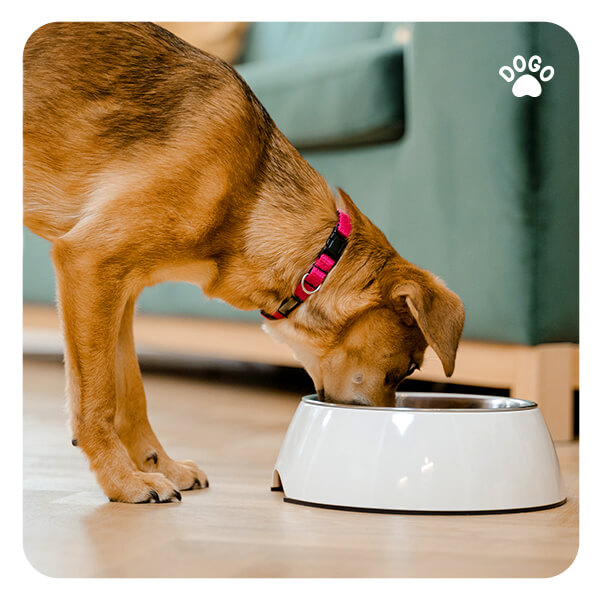 As a responsible dog owner, it’s natural to wonder how often you should feed your furry friend. Proper nutrition is essential for their overall health and well-being. To ensure you’re providing the best care for your canine companion, it’s important to understand their dietary needs and establish a feeding routine that suits them. In this blog post, we’ll discuss the ideal frequency of meals for dogs, taking into consideration their age, size, and individual requirements.
As a responsible dog owner, it’s natural to wonder how often you should feed your furry friend. Proper nutrition is essential for their overall health and well-being. To ensure you’re providing the best care for your canine companion, it’s important to understand their dietary needs and establish a feeding routine that suits them. In this blog post, we’ll discuss the ideal frequency of meals for dogs, taking into consideration their age, size, and individual requirements.
Puppies:
When it comes to puppies, their nutritional needs differ from those of adult dogs. Since they are growing rapidly and have higher energy requirements, they usually need to eat more frequently. Generally, it is recommended to feed puppies three to four times a day. This helps provide them with a steady supply of energy and nutrients throughout the day, supporting their growth and development. However, it’s crucial to consult your veterinarian for specific advice based on your puppy’s breed and size.
Adult Dogs:
Once your dog reaches adulthood, their feeding routine can be adjusted. Most adult dogs do well with two meals a day, one in the morning and another in the evening. This schedule helps maintain a steady metabolism and provides them with the necessary sustenance to meet their energy needs. However, some dogs may do better with smaller, more frequent meals, especially if they have certain health conditions or are prone to gastrointestinal issues. If you’re unsure about the ideal feeding frequency for your adult dog, consult your veterinarian for personalized guidance.
Senior Dogs:
Senior dogs have different nutritional requirements compared to younger ones. As they age, their metabolism slows down, and they become less active. Consequently, their calorie intake needs to be adjusted accordingly. Most senior dogs do well with two meals a day, just like adult dogs. However, some individuals may benefit from smaller, more frequent meals to aid digestion and prevent discomfort, especially if they have dental issues or other age-related health concerns. Again, consulting with your veterinarian is crucial to determine the best approach for your senior dog’s dietary needs.
Remember, every dog is unique, and their dietary requirements may vary. It’s important to consider factors such as their breed, size, activity level, and any underlying health conditions when determining their feeding routine. Keeping an eye on their body condition and weight is also essential for ensuring they’re receiving the right amount of food.
In addition to frequency, it’s equally important to focus on the quality of their diet. Providing a balanced and nutritious meal that meets their specific needs is crucial for their overall well-being. Consult with your veterinarian to choose the right dog food and portion sizes based on your furry friend’s individual requirements.
By understanding your dog’s nutritional needs and establishing a feeding routine that suits them, you’re taking an important step towards providing them with a healthy and fulfilling life. Remember, a well-fed dog is a happy dog![/fusion_text]

